*Written by Alyssa Wright – Media and Marketing Manager at Trident Early Learning.*
Self-regulation is the ability to understand and manage your own behaviour and your reactions to feelings and the things happening around you. Children start developing this ability from around 12 months, and will get better at regulating their emotions as they grow and develop.
We believe in providing children with the skills needed to regulate their own emotions. It is very common for young children to display behaviour considered inappropriate or undesirable by adults. We encourage children to express themselves emotionally and provide them with the tools needed to appropriately manage their feelings.
There are two broad types of self-regulation difficulties:
- Externalising Behaviours, e.g., tantrums, defiance, hitting
- Internalising Behaviours, e.g., worrying, withdrawing from social situations, anxiety
Children need to learn how to regulate their emotions in order to manage stress, behave in socially acceptable ways, make and maintain friendships, become more independent, and focus and learn at primary school.
As a child learns to self-regulate, skills such as concentrating, sharing, and taking turns also develop. This enables a child to move from depending on others to beginning to manage by themselves.
Most children at some stage will struggle to manage their feelings and behaviours, particularly when they are tired, hungry, or facing new experiences. When this happens, they might become upset, sulky, or angry. This is all part of being a young child and is not necessarily cause for concern.
Through the provision of play and learning experiences encouraging self-regulation, children can have hands-on experience at learning these important skills, e.g., group time discussions, books, puppets, art experiences, mirrors.
The layout of an early learning space also contributes to a child’s development in self-regulation. Many rooms provide a “calm area” or "calm space" where children can retreat to if they are feeling anxious, upset, frustrated, overwhelmed etc.
Research has shown us that uncluttered rooms with neutral tones are more calming for children. Overwhelming rooms can trigger sensory overload, which may cause inappropriate or undesirable behaviours in children.
From this research, we decided to move away from outdated childcare and kindergarten design - rooms full of overly colourful furniture and equipment, busy wall displays, an abundance of artwork, and a lot of plastic resources - and adopt a more modern and natural philosophy.
By doing this, we are ensuring our environments aid the development of self-regulation in children.
Resources:
Children's Services Central - Self-Regulation: A Foundation for Wellbeing and Involved Learning
Sources:
Be You - Self-Regulation
Early Childhood Australia - What Every Child Needs for Learning Self-Regulation
Raising Children - Self-Regulation in Children and Teenagers




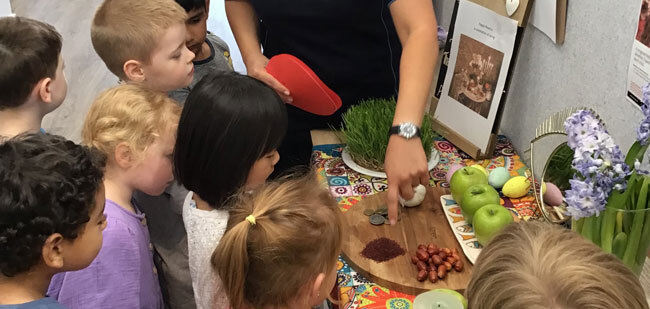
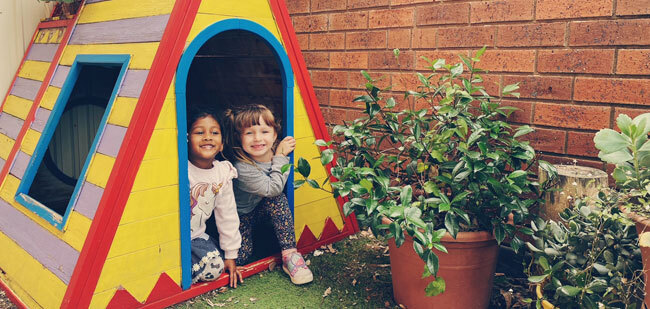
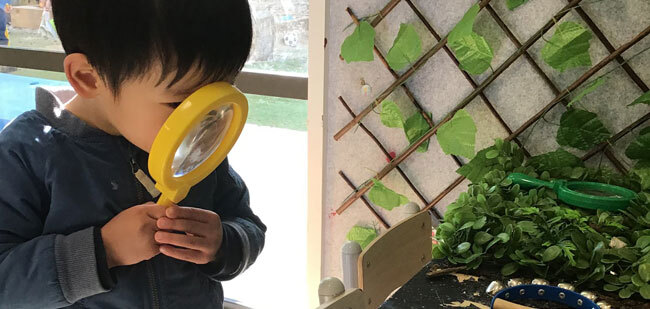
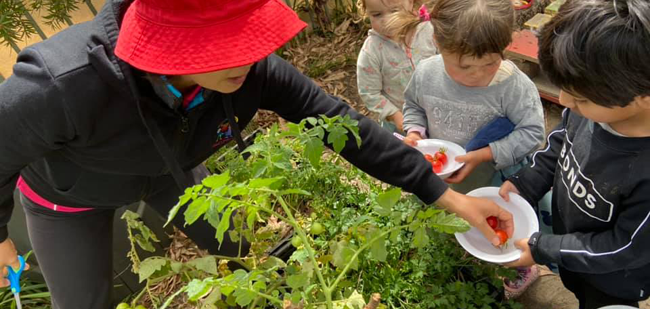
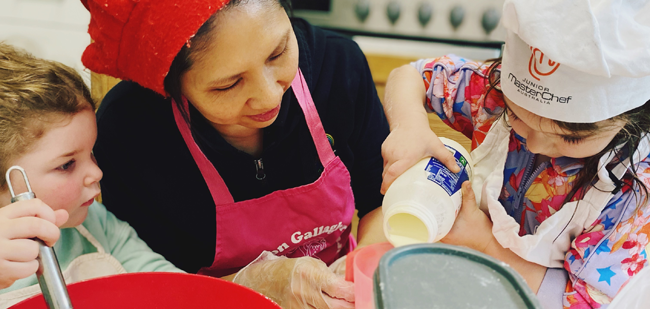
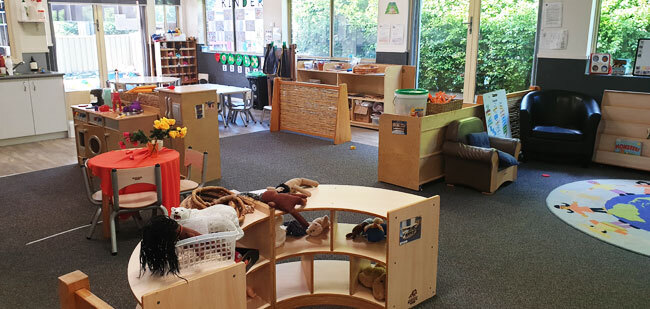

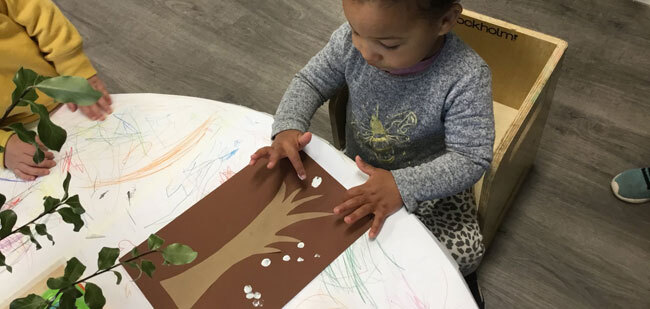
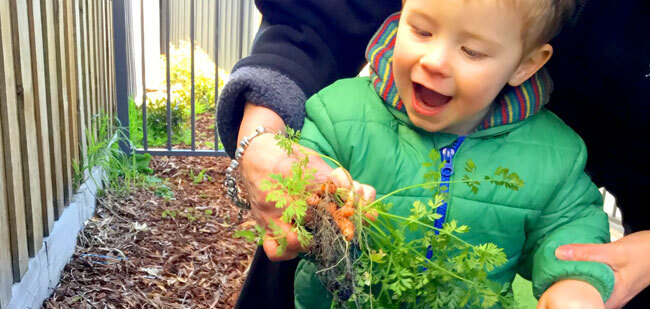
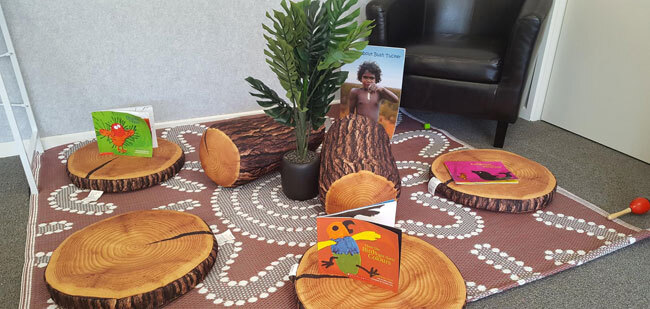
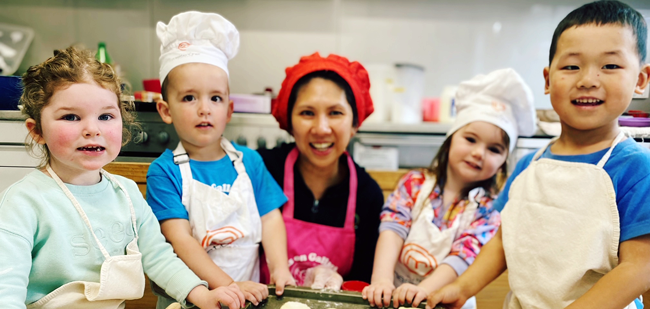
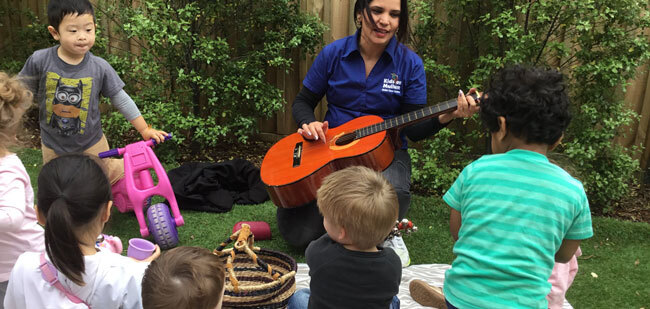
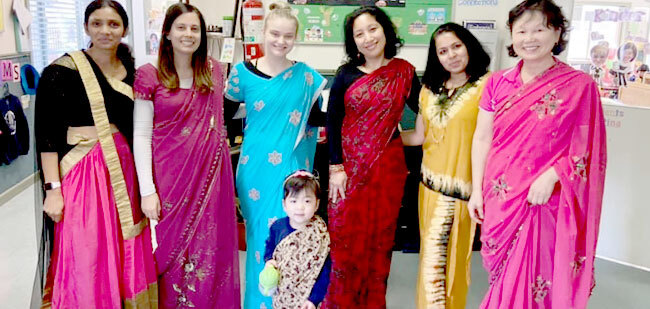
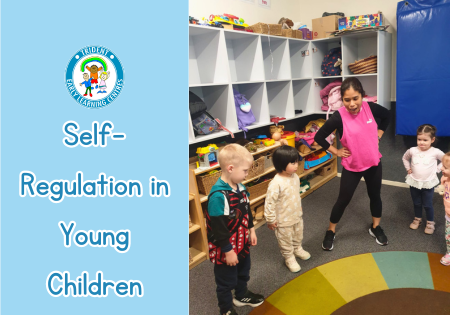
 info@tridentearlylearning.com.au
info@tridentearlylearning.com.au